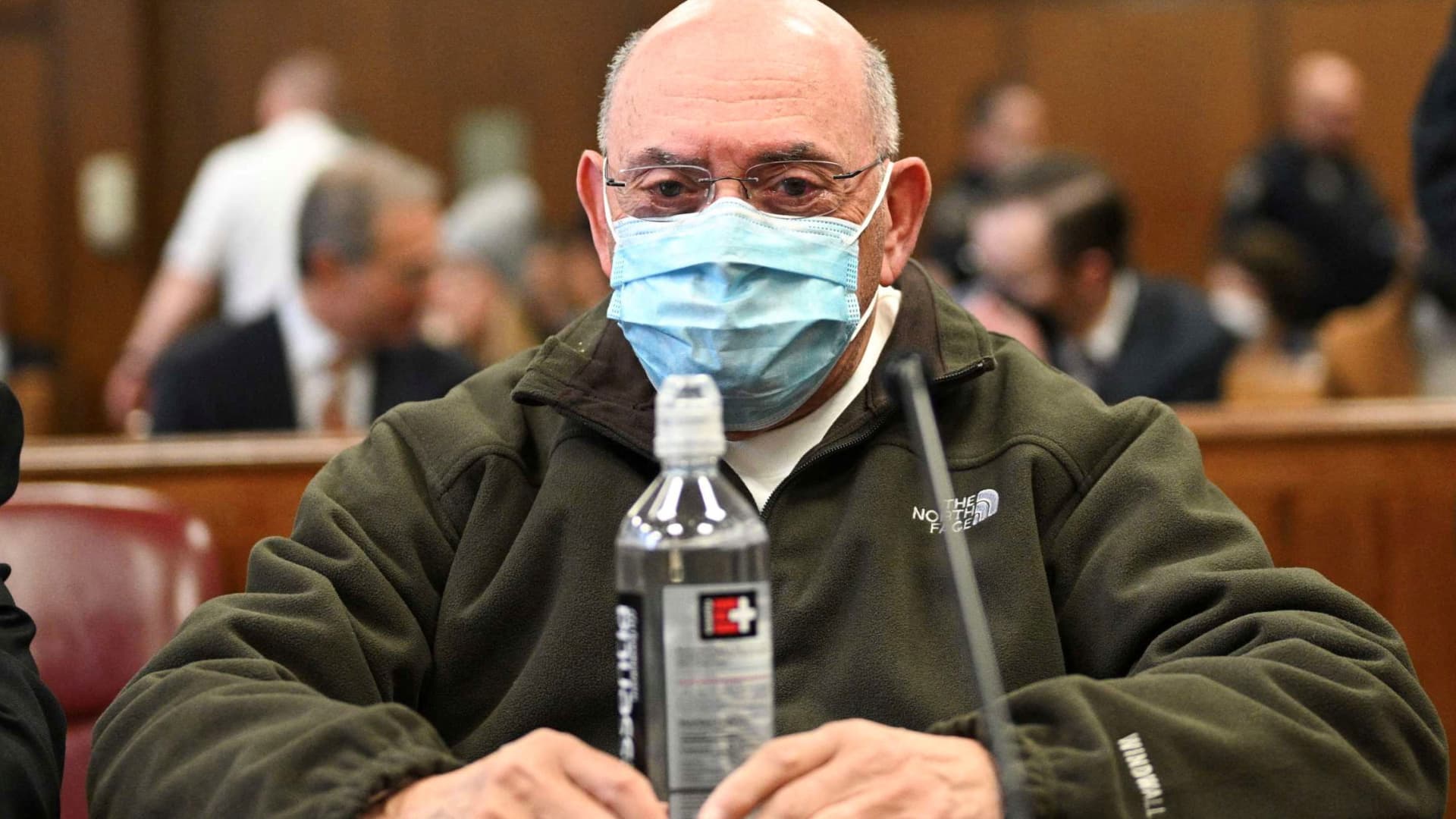Trump fraud trial judge demands details about possible perjury by Allen Weisselberg


The New York judge set to deliver a verdict in the civil business fraud trial of Donald Trump has ordered attorneys in the case to give him details about possible perjury by former Trump Organization Chief Financial Officer Allen Weisselberg.
Judge Arthur Engoron, in an email to the attorneys made public Tuesday, said that if Weisselberg had lied in one aspect of his testimony, the judge might disregard anything Weisselberg has said on the witness stand or to investigators.
Engoron flagged a New York Times report last week that said Weisselberg is negotiating a deal with the Manhattan District Attorney’s Office that would require him to plead guilty to perjury.
That report, which cited people with knowledge of the matter, said that Weisselberg would have to admit that he lied during his testimony at Trump’s fraud trial in Manhattan Supreme Court.
Weisselberg, 76, would also have to say he lied under oath during an interview with the office of New York Attorney General Letitia James, the Times reported.
James’ civil lawsuit, which is the basis for the trial, accuses Trump, his two adult sons, the Trump Organization and top executives, including Weisselberg, of fraudulently inflating Trump’s net worth on years of financial documents to get more favorable loan terms and tax breaks.
Engoron has already ruled that the co-defendants are liable for fraud. The trial was conducted to determine penalties and resolve other claims of wrongdoing in James’ suit.
Weisselberg last year spent three months at New York’s notorious Rikers Island jail after pleading guilty to tax fraud in a criminal case related to his work at the Trump Organization.
After his October testimony in the AG’s civil fraud trial, Forbes magazine accused Weisselberg of lying under oath when he suggested he had not paid attention to the valuation of Trump’s penthouse apartment.
Engoron in his email Monday wrote, “As the presiding magistrate, the trier of fact, and the judge of credibility, I of course want to know whether Mr. Weisselberg is now changing his tune, and whether he is admitting he lied under oath in my courtroom at this trial.”
The judge said that Weisselberg’s testimony on other topics “could also be called into question” and could form the basis to invoke “falsus in uno,” the legal principle that a witness who lies about one thing loses credibility on all other matters.
“I do not want to ignore anything in a case of this magnitude,” Engoron wrote in the email, whose header noted the issue was of “High” importance.
The judge ordered lawyers for Trump, his co-defendants and the AG’s office to submit a letter by Wednesday at 5 p.m. ET “detailing anything you know about this that would not violate any of your professional ethics or obligations.”
“I would also appreciate knowing how you think I should address the matter, if at all, including the timing of the final decision,” Engoron wrote.
Lawyers for Weisselberg and the other defendants in the case did not immediately respond to requests for comment. Spokespeople for James and the Manhattan D.A.’s office did not immediately respond to requests for comment.
Engoron, who conducted the trial without a jury, is expected to issue his verdict within weeks.
This post has been syndicated from a third-party source. View the original article here.



